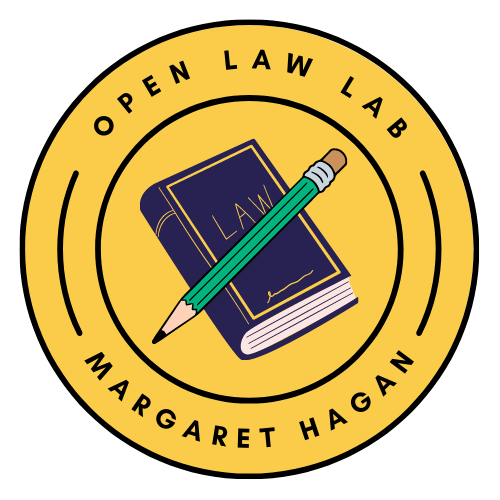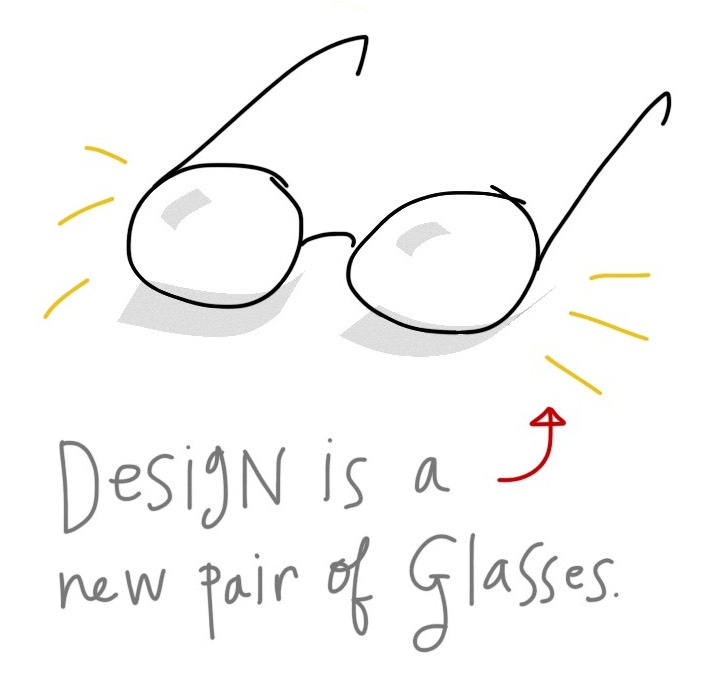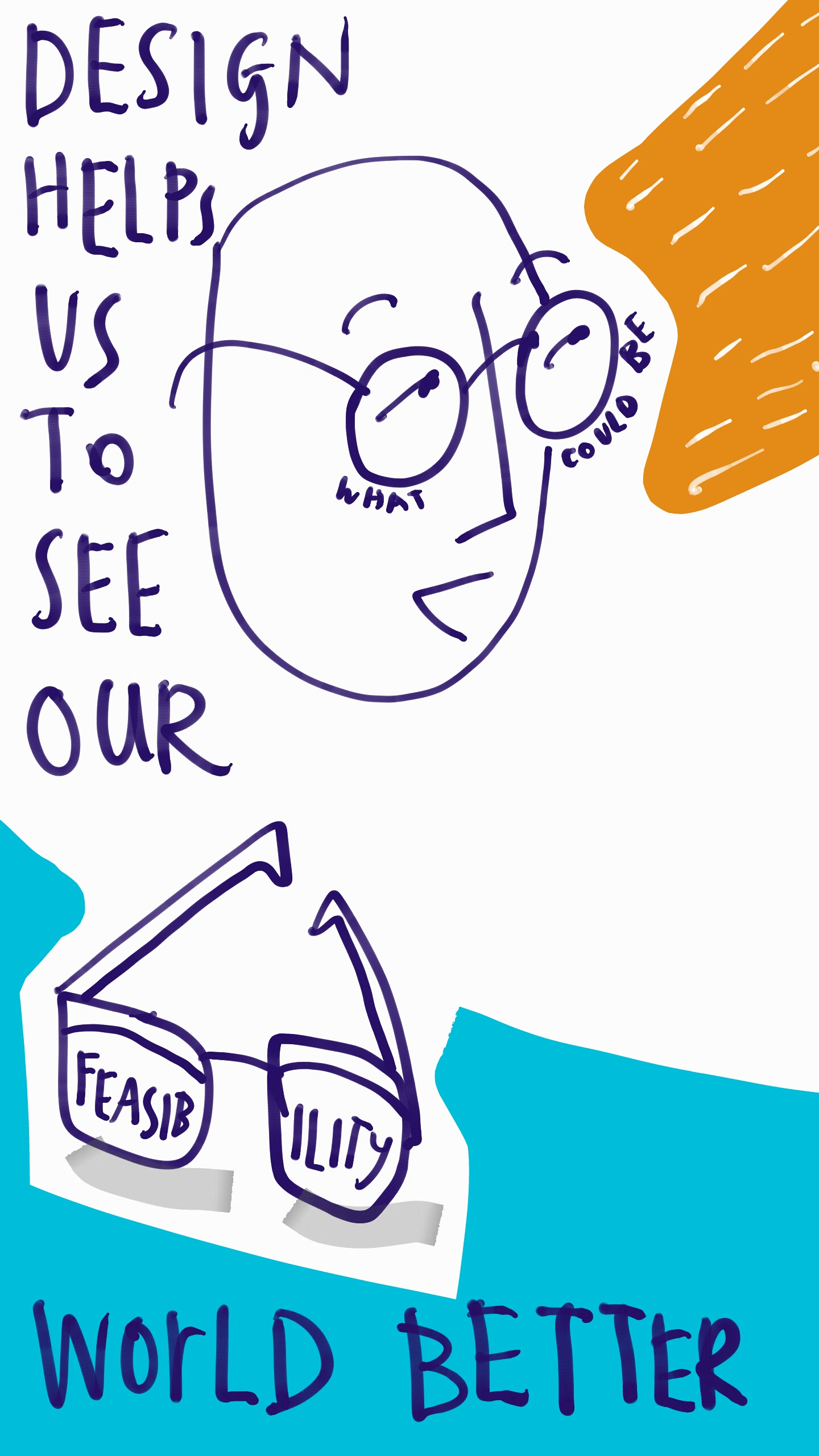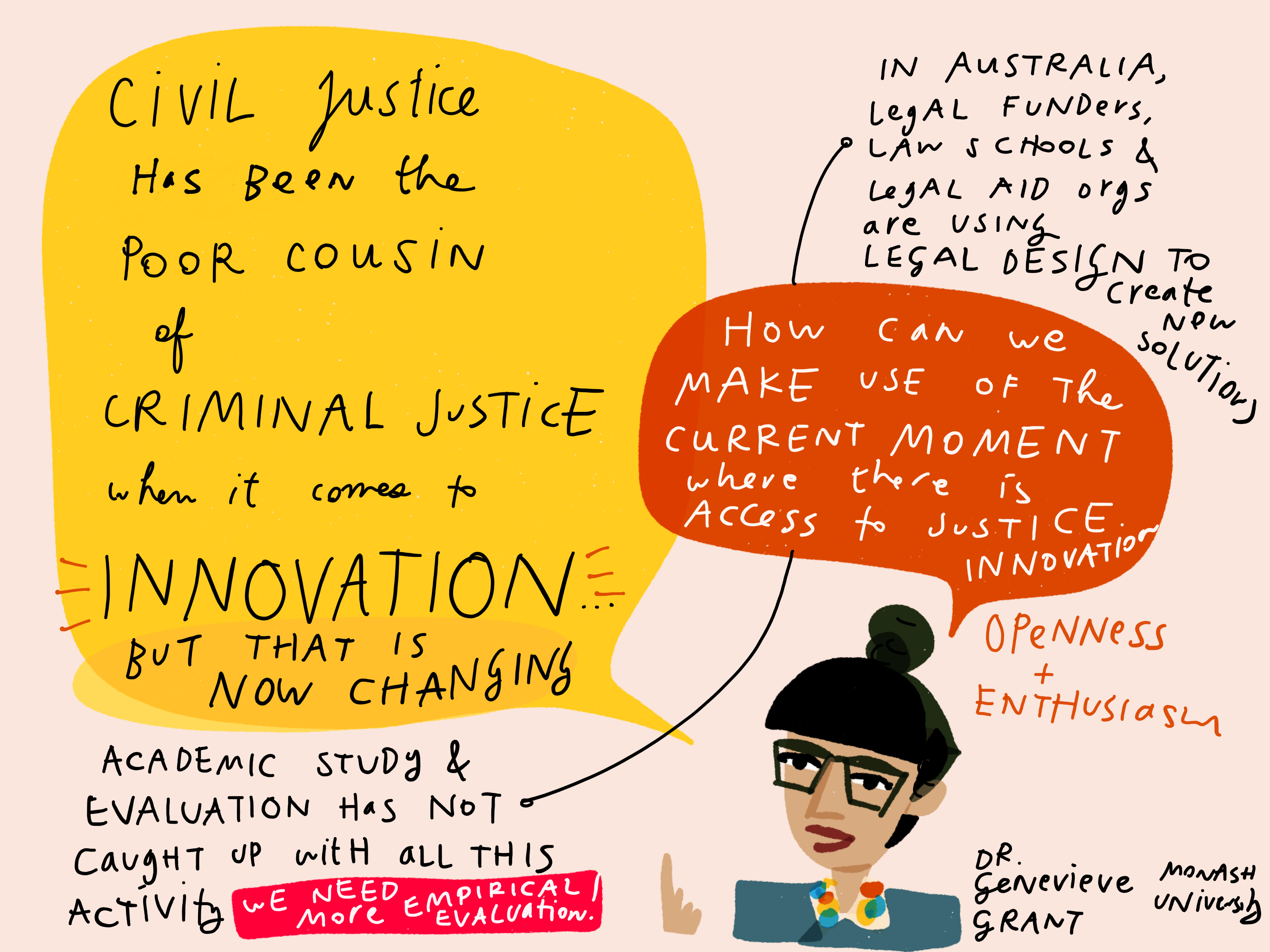Today I kick off my first quarter-long class on design thinking for legal services — Intro to Legal Design, cross-listed under the Law School & the d.school.
I have a long list of learning objectives & skills that I want the students to learn — but when I boil it down to the essentials, the main goal is to enable students to ‘think like a designer’. It’s a complementary mindset, to accompany the law school’s traditional way of teaching them to ‘think like a lawyer’.
To go along with the critical, analytical skills of lawyer-mindsets, the designerly lens helps them to see a situation from individual people’s perspectives, thinking of their unmet needs, their gnawing frustrations, their preferences for how they prefer to experience the thing. With this user-centering, the designerly lens gives the person new insights into what needs to be addressed, and prioritization of what could be done.
This is by far the most important learning objective to bring to legal services — it’s about grounding what we do now, and what we invest our time & money in, in a user-centered perspective. That user could be a lay person going to court, or a young lawyer carving out a career, or an overworked legal aid lawyer trying to build a support team for her clients. The goal is to get the students to see the legal system from individuals’ perspectives, and think — does it need to be this way? How could it be different, better?
Then all of the other skills — in coming up with great ideas, thinking in a cross-pollinated & analogy-rich way, being able to prototype, working well on a diverse team, embracing agile experimentation — can flow from there. But especially for the first version of this class, as a teacher my main goal is to give these user-centered lenses to the students, and that they will take this perspective through to their future work, as a healthy complement to their ‘thinking like a lawyer’ lenses.




1 Comment
This is a great idea. Being able to think as a designer would, from what people’s wants and needs are, is actually very essential. Really, getting into mindsets unlike the typical ones for lawyers is a huge asset.